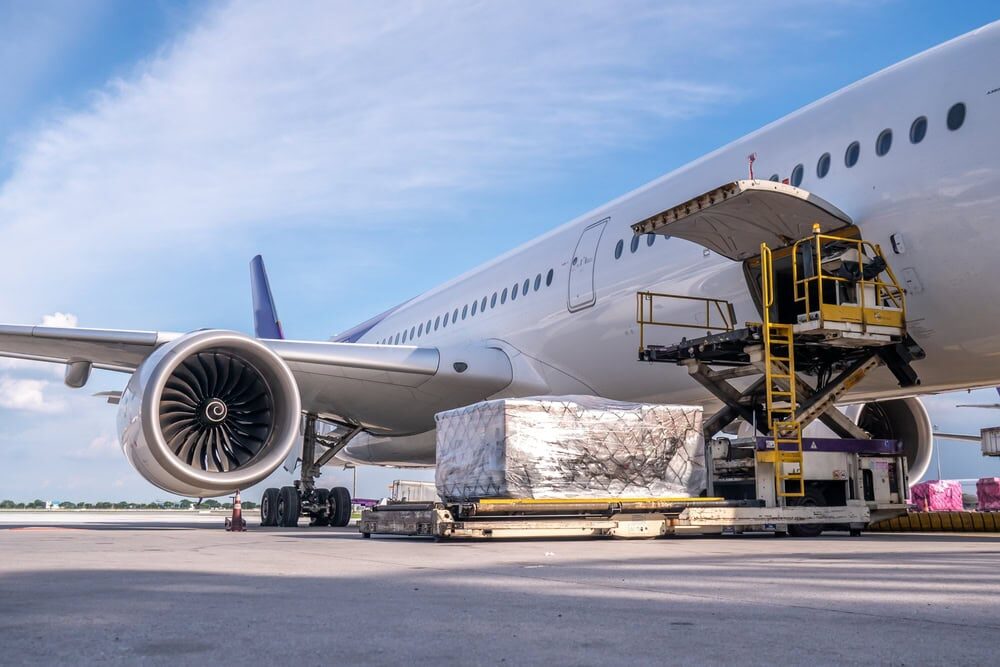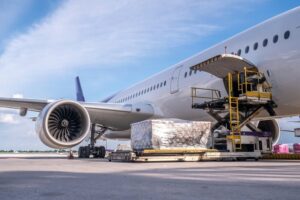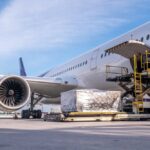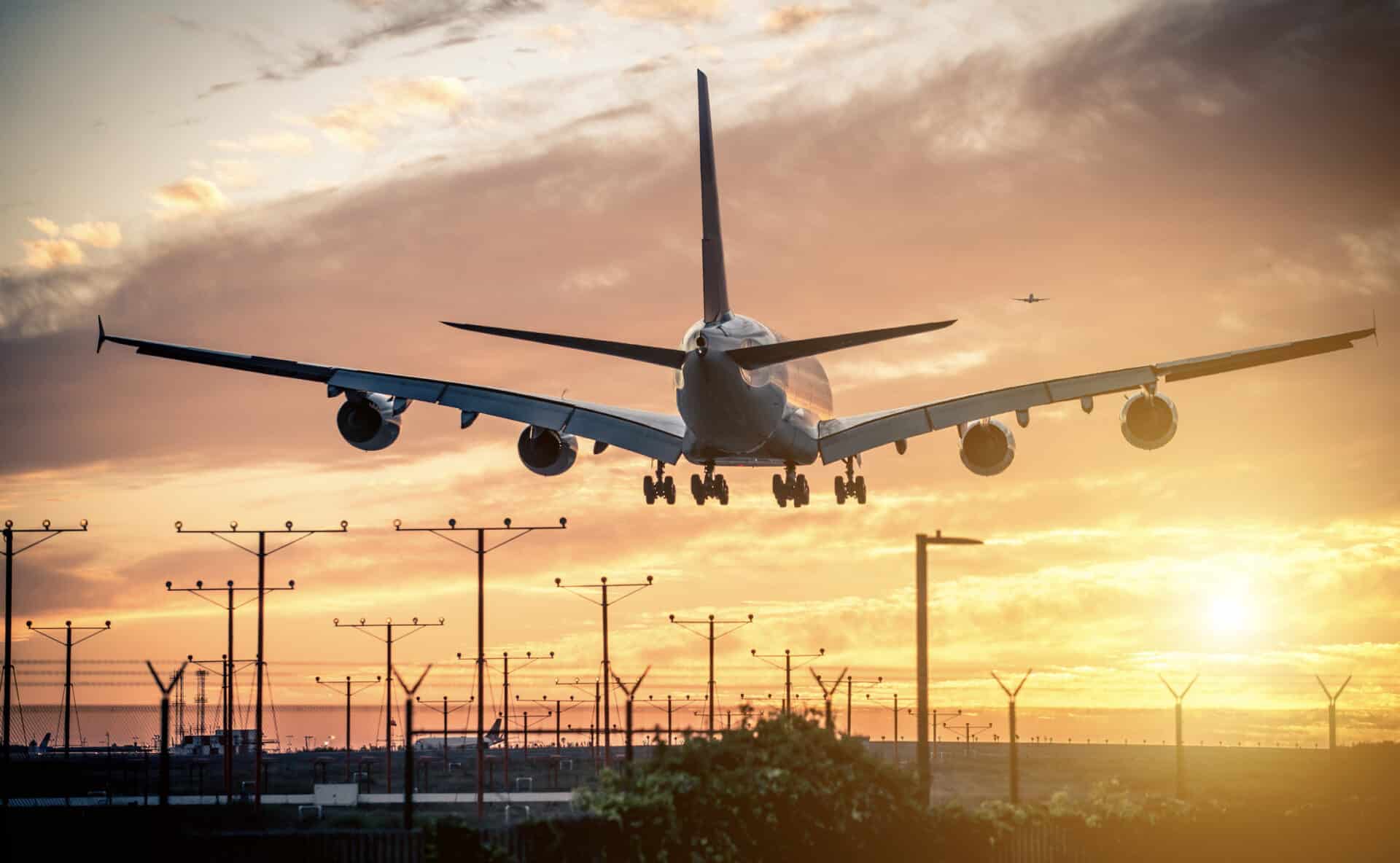In the global logistics landscape, the transport of bioprocess materials is critical for the pharmaceutical industry. Ensuring the integrity and quality of these sensitive materials during international transit is a complex challenge that requires innovative solutions. This article explores how ALLpaQ bioprocess containers are enhancing the safety and efficiency of international bioprocess transport.
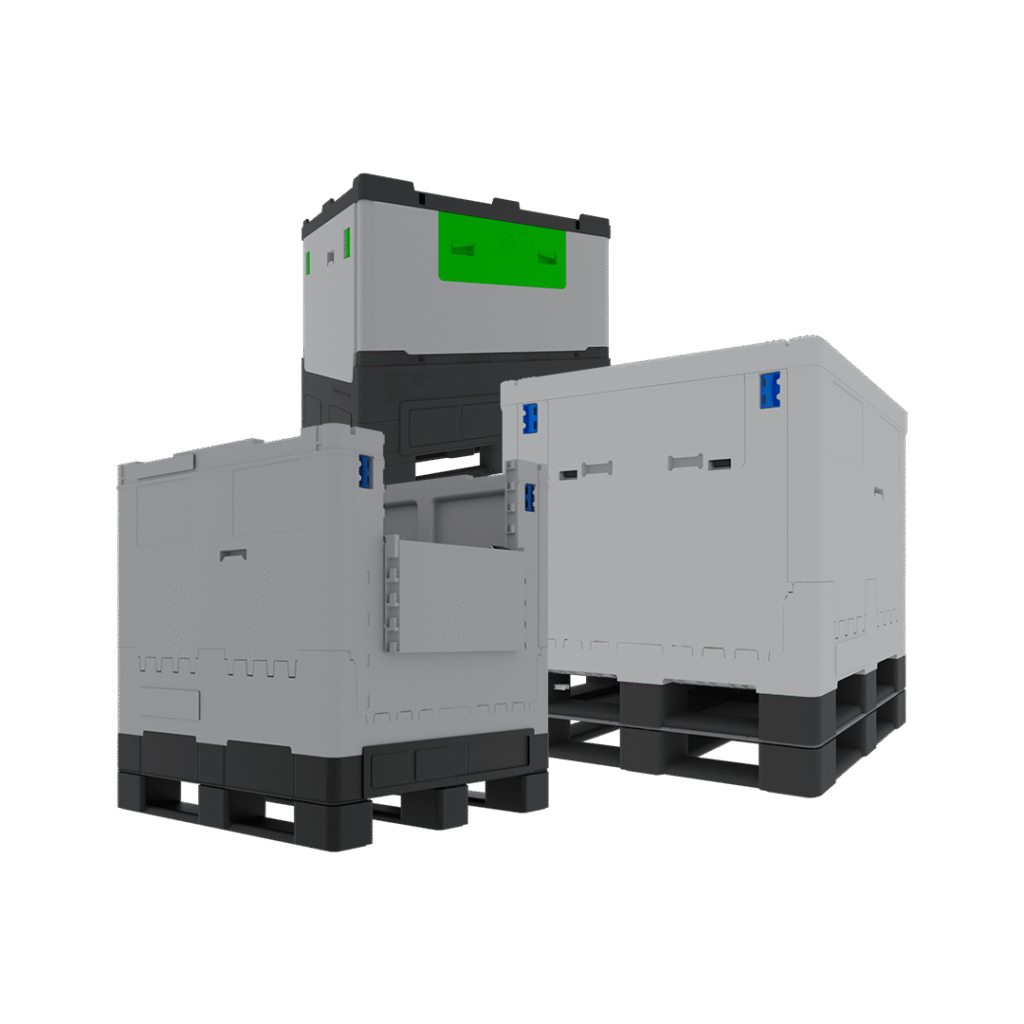
The pharmaceutical industry relies heavily on the efficient and safe transport of bioprocess containers across international borders. The integration of ALLpaQ bioprocess containers into logistics operations has revolutionized how sensitive materials are transported, ensuring their efficacy throughout the journey. This article examines the complexities and strict requirements involved in transporting these materials internationally.
Addressing challenges in international bioprocess transport
Transporting bioprocess materials internationally presents distinct challenges that demand specialized solutions. Temperature control is a critical factor, as many bioprocess materials must be kept within narrow temperature ranges to remain effective. Inconsistent temperatures during transit can compromise product integrity, leading to significant losses. Additionally, regulatory compliance adds another layer of complexity. Bioprocess materials are subject to stringent regulations that ensure their safety and effectiveness, necessitating precise documentation and handling protocols.
The sensitivity of bioprocess materials means that any deviation from optimal conditions can result in spoiled products or even pose health risks. To tackle these challenges, the industry requires solutions that offer robust protection against temperature fluctuations, contamination, and physical damage. The demand for advanced containment solutions like ALLpaQ bioprocess containers has therefore grown, as they provide the reliability needed to meet these high standards.
Another significant challenge in international bioprocess transport involves the coordination of multiple stakeholders across different time zones and jurisdictions. Customs clearance procedures can cause unexpected delays, potentially exposing sensitive materials to prolonged periods outside controlled environments. Furthermore, the lack of standardized infrastructure across different countries means that transport conditions can vary dramatically from one leg of the journey to another. This variability requires flexible solutions that can adapt to diverse environmental conditions while maintaining consistent protection levels. The implementation of comprehensive risk management strategies, combined with advanced container technologies, helps mitigate these logistical complexities and ensures that bioprocess materials reach their destinations in optimal condition.
Innovative features of ALLpaQ bioprocess containers
ALLpaQ bioprocess containers have introduced innovative design features that significantly enhance safety and efficiency in transporting bioprocess materials internationally. These include materials with superior insulating properties that help maintain stable temperatures throughout transit. The use of high-tech sensors and monitoring systems allows real-time tracking of environmental conditions within containers, alerting handlers to any deviations.
Technologies such as phase-change materials are also employed to regulate temperature more effectively than traditional methods. These advancements ensure that bioprocess materials remain within their required temperature ranges, safeguarding their potency. Moreover, lightweight yet durable materials reduce the overall weight of shipments without sacrificing protection, leading to increased efficiency and reduced costs for logistics providers.
The modular design of ALLpaQ bioprocess containers represents another breakthrough in transport technology, allowing for customizable configurations based on specific cargo requirements. This flexibility enables pharmaceutical companies to optimize space utilization while ensuring each product type receives appropriate environmental protection. Advanced sealing mechanisms prevent contamination from external sources, maintaining the sterile conditions essential for bioprocess materials. Additionally, the containers feature impact-resistant construction that protects against physical shocks during handling and transit. Data logging capabilities built into these systems provide comprehensive documentation of the entire journey, creating an auditable trail that satisfies regulatory requirements and enables continuous improvement of transport protocols through detailed analysis of historical performance data.
Enhancing logistics through integration and collaboration
The successful integration of ALLpaQ bioprocess containers into existing logistics frameworks requires close collaboration between pharmaceutical companies and logistics providers. By working together, they can tailor processes to accommodate specific needs while maximizing efficiency. This cooperation ensures that every stage of the supply chain operates seamlessly, from initial loading to final delivery.
Logistics providers benefit from streamlined processes that allow for faster turnaround times and more reliable service delivery. The use of ALLpaQ bioprocess containers simplifies compliance with regulatory standards by offering consistent performance metrics across different routes and conditions. As a result, both pharmaceutical companies and logistics providers experience improved operational efficiency and reduced risk of product loss or damage.
Training and education programs play a crucial role in maximizing the benefits of ALLpaQ bioprocess containers within logistics operations. Personnel handling these specialized containers must understand proper loading procedures, monitoring protocols, and emergency response measures to ensure optimal performance. Regular communication channels between pharmaceutical companies and logistics partners facilitate rapid problem-solving when unexpected situations arise during transport. The implementation of standardized operating procedures across different facilities and transport modes creates consistency that reduces errors and improves overall reliability. Digital platforms that enable real-time information sharing between all parties involved in the supply chain further enhance coordination, allowing for proactive adjustments to routing or handling procedures when necessary to maintain product integrity.
Contributions to global transport safety standards
The adoption of ALLpaQ bioprocess containers contributes significantly to meeting and exceeding global transport safety standards. Regulatory bodies around the world recognize the importance of maintaining rigorous safety protocols for bioprocess transport, given its direct impact on public health. These containers play a pivotal role in ensuring compliance with these standards by providing consistent protection against potential hazards.
This commitment to safety is reflected in improved inspection protocols and certification processes that validate the effectiveness of containment technologies. As regulatory expectations continue to evolve, ALLpaQ bioprocess containers adapt accordingly, ensuring they remain at the forefront of industry standards. This proactive approach not only enhances the safety of international transport but also fosters greater trust among stakeholders involved in pharmaceutical logistics.
Future trends in bioprocess transport
The landscape of bioprocess transport continues to evolve with emerging trends poised to further revolutionize the industry. One such trend is the increasing use of artificial intelligence (AI) in monitoring and managing cargo conditions. AI algorithms can predict potential risks based on historical data, enabling preemptive measures to be taken before issues arise.
The development of new materials with enhanced protective properties also holds promise for future advancements in containment technologies. As research progresses, we can expect even more efficient ways to maintain stable conditions during transit, reducing reliance on traditional refrigeration methods. These innovations will likely drive further improvements in cost-effectiveness and environmental sustainability within the sector.
Author
-
Cristina Danilet: Author
A meticulous selector of top-tier aviation services, Cristina acts as the critical filter between exceptional companies and industry professionals. Her keen eye ensures that only the most innovative and reliable services find a home on The Flying Engineer platform.
View all posts Marketing Manager

